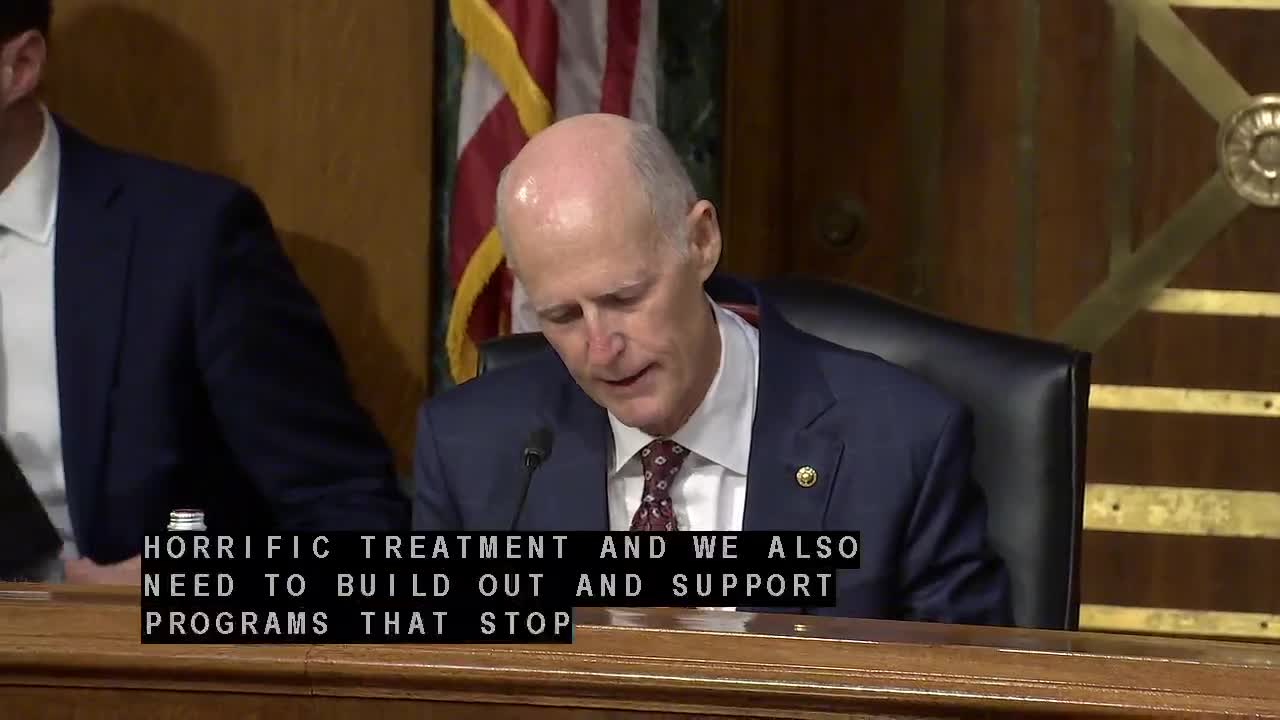Legislators Push for Reauthorization of Older Americans Act to Combat Elder Abuse
July 30, 2025 | Aging (Special), Special, Select and Other Committees - House & Senate, Congressional Hearings Compilation
This article was created by AI summarizing key points discussed. AI makes mistakes, so for full details and context, please refer to the video of the full meeting. Please report any errors so we can fix them. Report an error »

In a pivotal meeting held by the U.S. Aging (Special) Committee, the urgent issue of elder abuse and neglect took center stage, highlighting the critical role of community programs in safeguarding vulnerable seniors. As discussions unfolded, the importance of adult day services, transportation, and meal delivery programs emerged as essential tools not only for providing care but also for fostering trust and safety among the elderly.
For over six decades, the Older Americans Act (OAA) has been a cornerstone in supporting the well-being of seniors, impacting more than 10 million older Americans through various social and life-affirming programs. The OAA is instrumental in identifying and preventing elder abuse, offering resources such as family caregiving services and legal assistance, which are vital for connecting seniors with necessary support.
During the meeting, committee members expressed their commitment to reauthorizing the OAA, emphasizing its significance in the fight against elder abuse. The act supports local meal delivery services, which serve as a crucial lifeline for many seniors. These interactions often represent the only contact some elderly individuals have with someone who can recognize signs of abuse or neglect, reinforcing the importance of community engagement in safeguarding their well-being.
Health and Human Services Secretary Robert F. Kennedy, Jr. was acknowledged for his proactive approach, being the first sitting HHS secretary to personally deliver meals to seniors. His actions underscore the administration's commitment to prioritizing the health and safety of older Americans.
As the committee members look to the future, they aim to draw attention to the ongoing crisis of elder abuse and the programs working tirelessly on the front lines. The hope is that through collaboration and increased awareness, they can effectively address and ultimately stop this crisis, ensuring that seniors live healthy and fulfilling lives. The meeting served as a reminder of the collective responsibility to protect the aging population and the vital role that community programs play in this mission.
For over six decades, the Older Americans Act (OAA) has been a cornerstone in supporting the well-being of seniors, impacting more than 10 million older Americans through various social and life-affirming programs. The OAA is instrumental in identifying and preventing elder abuse, offering resources such as family caregiving services and legal assistance, which are vital for connecting seniors with necessary support.
During the meeting, committee members expressed their commitment to reauthorizing the OAA, emphasizing its significance in the fight against elder abuse. The act supports local meal delivery services, which serve as a crucial lifeline for many seniors. These interactions often represent the only contact some elderly individuals have with someone who can recognize signs of abuse or neglect, reinforcing the importance of community engagement in safeguarding their well-being.
Health and Human Services Secretary Robert F. Kennedy, Jr. was acknowledged for his proactive approach, being the first sitting HHS secretary to personally deliver meals to seniors. His actions underscore the administration's commitment to prioritizing the health and safety of older Americans.
As the committee members look to the future, they aim to draw attention to the ongoing crisis of elder abuse and the programs working tirelessly on the front lines. The hope is that through collaboration and increased awareness, they can effectively address and ultimately stop this crisis, ensuring that seniors live healthy and fulfilling lives. The meeting served as a reminder of the collective responsibility to protect the aging population and the vital role that community programs play in this mission.
View full meeting
This article is based on a recent meeting—watch the full video and explore the complete transcript for deeper insights into the discussion.
View full meeting